Reading
Day 1: Mark 14:1-2, Matthew 26:1-5, LUKE 22:1-2, Mark 14:10-11, Matthew 26:14-16, Luke 22:3-6, Mark 14:12-16, Matthew 26:17-19, Luke 22:7-13, John 13:1-20, Mark 14:17-26, Matthew 26:20-30, Luke 22:14-30, John 13:18-30
Day 2: John 13:31-38, Mark 14:27-31, Matthew 26:31-35, Luke 22:31-38, John 14:1-15:17
Day 3: John 15:18-17:26
Day 4: John 18:1-2, Mark 14:32-42, Matthew 26:36-46, Luke 22:39-46, Mark 14:43-52, Matthew 26:47-56, Luke 22:47-53, John 18:3-24
Day 5: Mark 14:53-65, Matthew 26:57-68, Mark 14:66-72, Matthew 26:69-75, Luke 22:54-65, John 18:25-27, Mark 15:1, Matthew 27:1-2, Luke 22:66-71, Matthew 27:3-10
Day 6: Mark 15:2-5, Matthew 27:11-14, Luke 23:1-12, John 18:28-40, Mark 15:6-15, Matthew 27:15-26, Luke 23:13-25, John 19:1-16, Mark 15:16-20, Matthew 27:27-31
Day 7: Mark 15:21-24, Matthew 27:32-34, Luje 23:26-31, John 19:17, Mark 15:25-32, Matthew 27:35-44, Luke 23:32-43, John 19:18-27, Mark 15:33-41, Matthew 27:45-56, LukE 23:44-49, John 19:28-37
Preview
Hard Questions
- (Jn. 13:1-17) Forgiveness and footwashing
- (Jn. 14:12) Greater works? Edwin A. Blum (“John,” 323) says, “The apostles would not necessarily do more stupendous miracles than Jesus did (e.g. feeding 5000) but their outreach would be greater (e.g. Peter in one sermon had 3000 converts). This was possible because Jesus had gone to the Father and had sent the Spirit. Miracles are important, but some evangelists have done even greater things than these by preaching the good news to many thousands of people.” Pretty interesting, the way that Jesus did set His disciples up to see much greater results, across larger geographic areas, than He ever did during His earthly ministry.
- (Jn. 14-17) Considering the Trinity when we think of “God.”
- (Jn. 16:2) Fulfilled as early as the martyrdom of Stephen, also Paul’s perspective
- (Mt. 27:9-10) This quote doesn’t come from Jeremiah, but from Zechariah. According to John D. Grassmick (86-87), “Matthew viewed these events as the fulfillment of a prophecy of Jeremiah. But the prophecy Matthew quoted was primarily from Zechariah, not Jeremiah. There is a close resemblance between Matthew 27:9-10 and Zechariah 11:12-13. But there are also similarities between MAtthew’s words and the ideas in Jeremiah 19:1, 4, 6, 11. Why then did Matthew refer only to Jeremiah? The solution to this problem is probably that Matthew had both prophets in mind but only mentioned the ‘major’ prophet by name. (A similar situation is found in Mark 1:2-3, where Mark mentioned the Prophet Isaiah but quoted directly from both Isaiah and Malachi.) In addition, another explanation is that Jeremiah, in the Babylonian Talmud (Baba Bathra 14b) was placed first among the prophets, and his book represented all the other prophetic books.”
Review
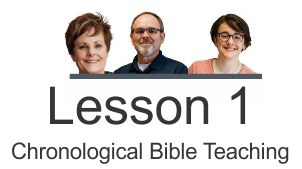
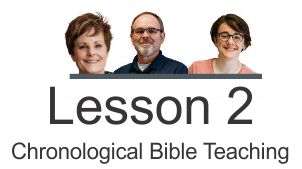
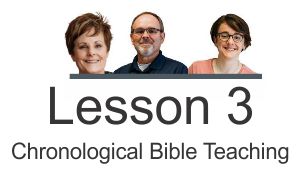
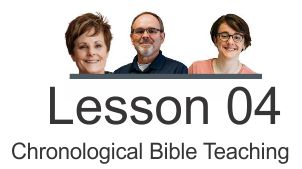
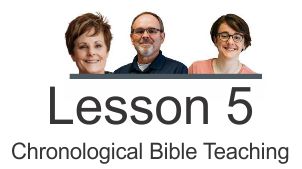
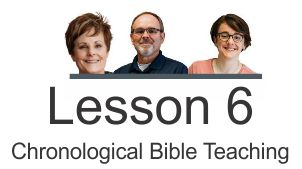
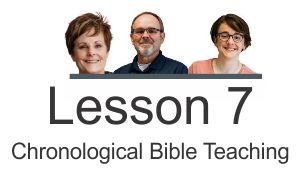
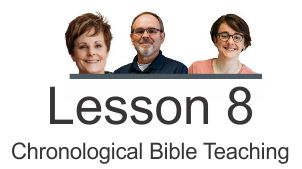
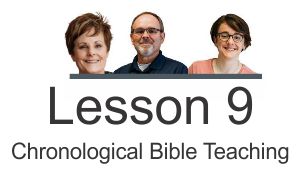
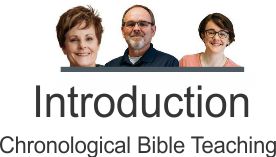
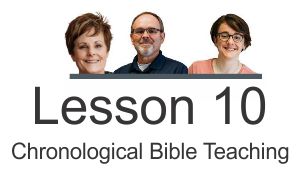
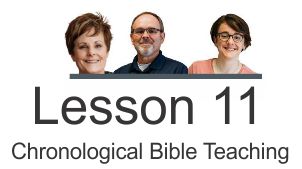
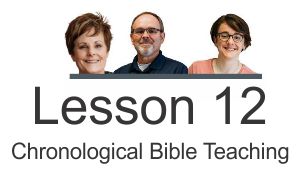
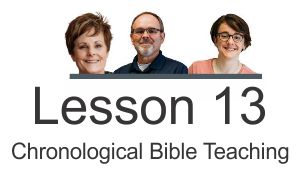
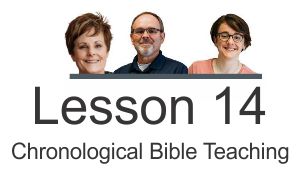
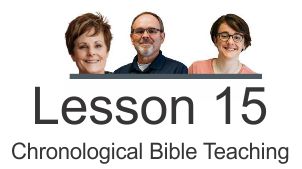
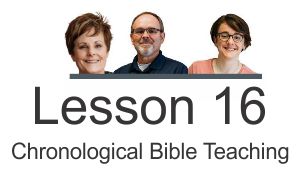
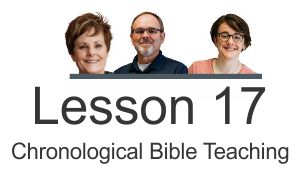
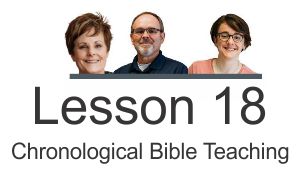
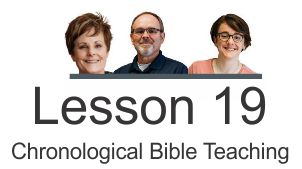
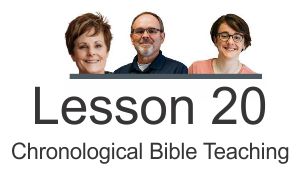
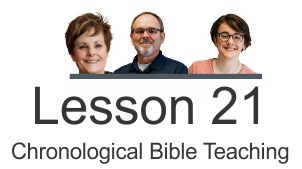
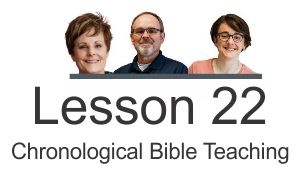
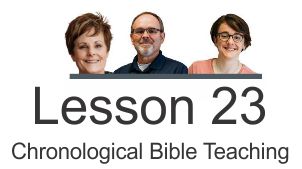
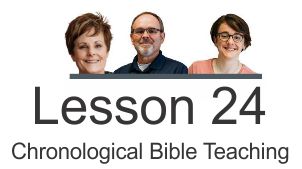
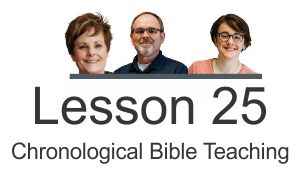
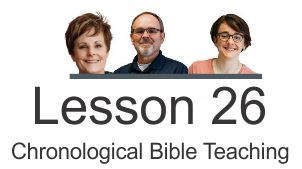
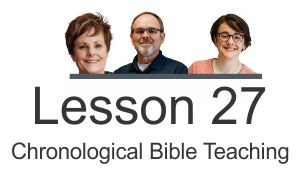
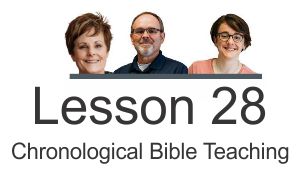
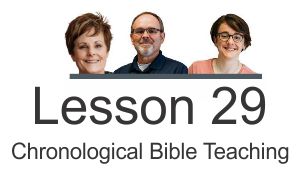
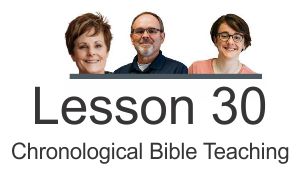
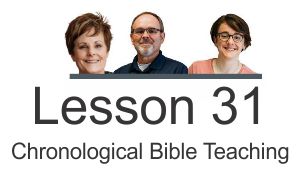
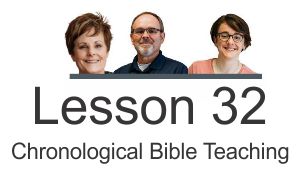
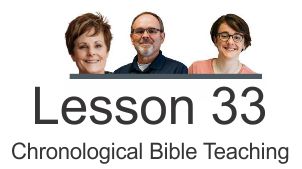
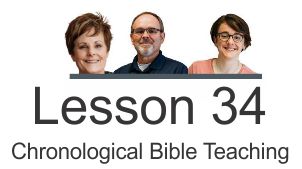
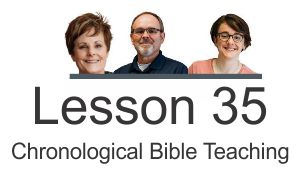
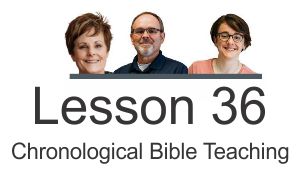
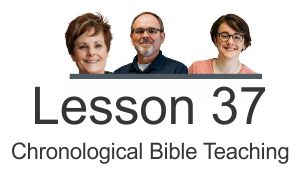
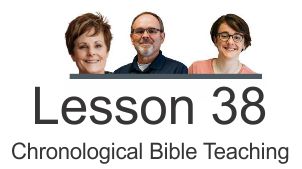
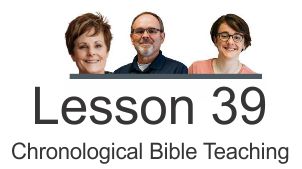
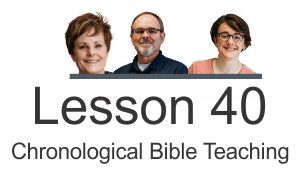
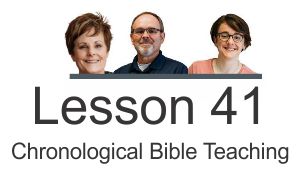
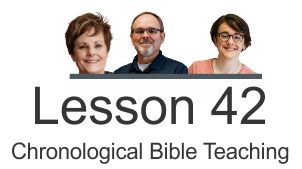
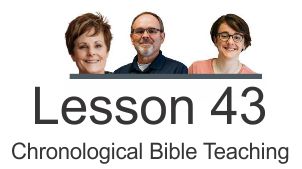
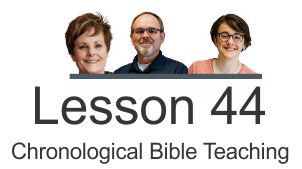
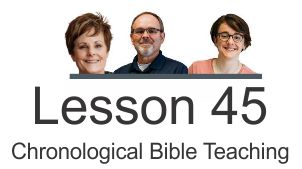
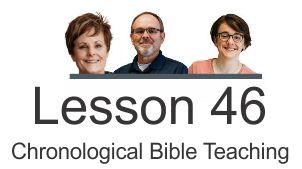
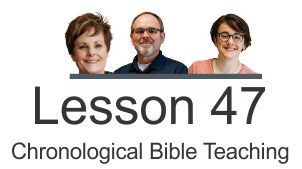
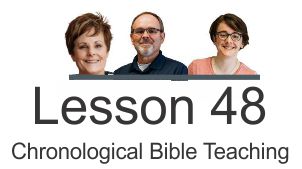
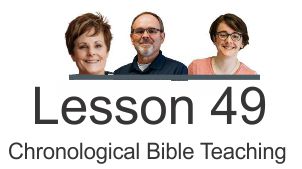
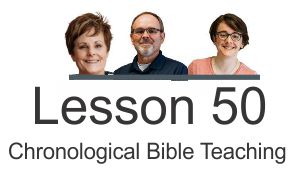
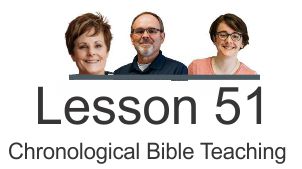
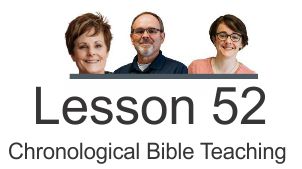
Page Discussion
Membership is required to comment. Membership is free of charge and available to everyone over the age of 16. Just click SignUp, or make a comment below. You will need a user name and a password. The system will automatically send a code to your email address. It should arrive in a few minutes. Enter the code, and you are finished.
Members who post adverts or use inappropriate language or make disrespectful comments will have their membership removed and be barred from the site. By becoming a member you agree to our Terms of Use and our Privacy, Cookies & Ad Policies. Remember that we will never, under any circumstances, sell or give your email address or private information to anyone unless required by law. Please keep your comments on topic. Thanks!